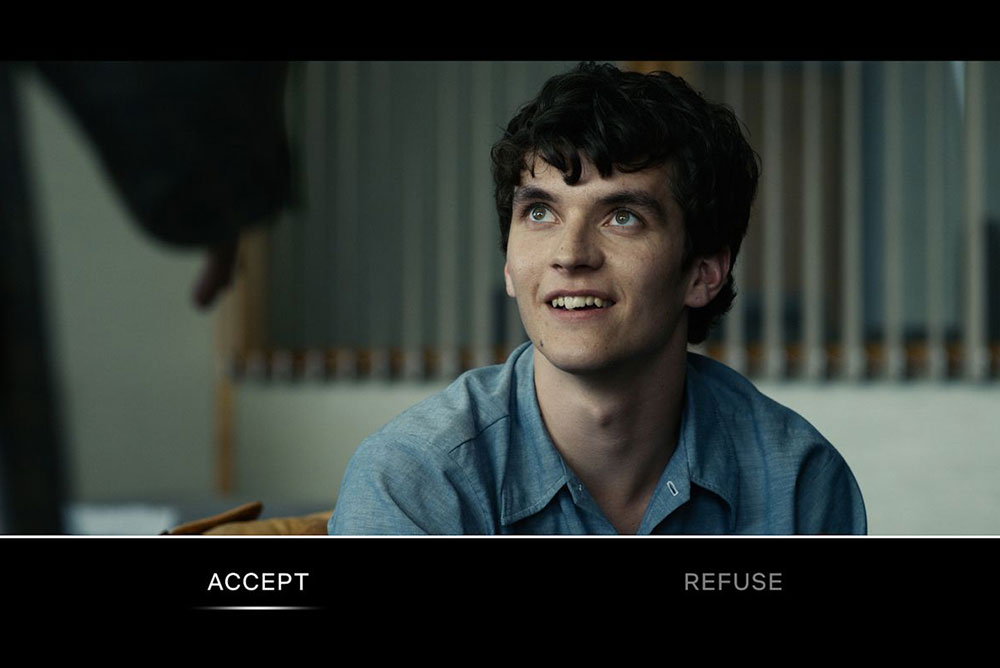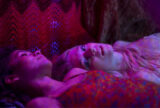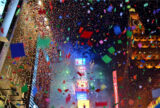Why Do We Love ‘Choose-Your-Own-Adventure’ Stories?
From the I Ching to an Upcoming Netflix Romcom, Interactive Fiction Dares Us to Decide What Happens Next
The new Netflix original horror movie Choose or Die turns on an interactive computer game called “CURS>R,” which resembles a classic ’80s adventure program in which a user inputs text to move the story forward. Naturally, there’s a twist—the protagonist discovers that every choice in the game, no matter how small, will determine whether she and the people around her stay alive.
While the movie itself isn’t interactive (something that could have helped rehabilitate the plot), the release reflects Netflix’s growing interest in choose-your-own-adventure-style programming. Since the debut of Black Mirror: …










